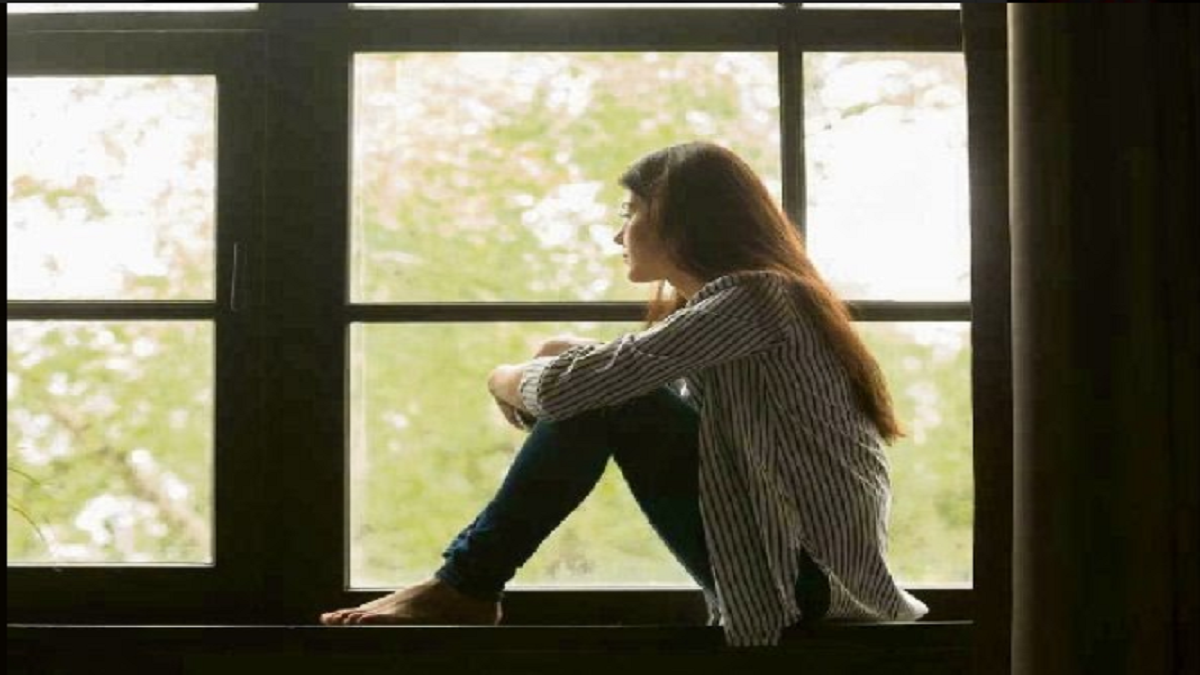
The Covid-19 pandemic has drastically transformed our spiritual (internal) and worldly (external) lives forever. This sudden and unprecedented change poses a difficult challenge for individuals to adapt and move forward. As an evolving disease, the perception of Covid-19 as a primary respiratory illness is transforming into a multi-system disease that can affect any part of the body with increasing evidence base.
National Alliance for Mental health (NAMI), World Health Organisation (WHO), Ministry of Health and Family Welfare (MOHFW) and other organizations, which are closely monitoring the situation, warn of an impending mental health crisis. People with pre-existing mental health conditions find it difficult to cope due to the additional stress and need to adapt to Covid and lack of access to mental health facilities. The impersonal nature of telepsychiatry services has added to the lack of satisfaction in those who seek mental health services.
A range of neurological and neuropsychiatric symptoms, as a result of direct effect of Covid-19, has only complicated the picture. Anosmia (loss of smell) results from direct invasion of the nervous system through the olfactory epithelium and more subtle ones are due to direct effects of the virus and inflammation of the endothelium (innermost layer of blood vessels supplying the brain). Reports of encephalitis, meningitis, and strokes are not uncommon.
Psychological effect of coronavirus is due to direct effects of the disease and the social impact of the disease on an individual’s livelihood, stigma associated with the illness, loss of loved ones to the illness, etc.
The pandemic has also witnessed a rise in cases of suicide and domestic violence. We have witnessed the death of celebrities and ordinary individuals owing to multiple reasons. Domestic violence cases have increased manifold based on reports by government agencies monitoring the same. It is prudent to reach out to loved ones and call the nearest helpline in your area to avail immediate services. In addition, individuals also facing relationship, sexual health and other challenges due to the disease and also the lockdown restrictions. Also, children with disorders like autism, ADHD, mental retardations and other disorders may find it more difficult to cope with the new routine. These children may not be able to utilise the online education and adapt on par with other children. Special provisions should be made to make the modified curriculum more inclusive.
Transition to new lifestyle and changes to incorporate working from home, loss of job, home-schooling of children, and lack of physical contact with other family members, friends and colleagues may not be easy for many. There is also a surge of newly diagnosed cases with anxiety, insomnia, depression which require treatment and continued care. Adapting to change, managing the fear of infections, taking care of loved ones, etc, are challenges for all of us, more so for people with mental health conditions.
Here are a few tips that will help individuals cope with the mental health challenges.
1. Be informed: Accessing trusted information from official channels and scientific materials to stay up-to-date with the latest updates and precautions from the local, state and Central government. It lets you follow the precautions and the facilities in place to seek help when necessary.
2. Maintain routine: Human beings are creatures of habit. Adapt your past routine to the current situation or make a new one. These changes might include:
3. Minimise news: View news only once or twice a day if needed. Most of the information is unreliable. Choose your sources wisely and verify news at the slightest suspicion.
4. Physical but not social distancing: Humans are social animals even if physical contact is not possible, ensure regular contact with people close to you by telephone and online channels.
5. Alcohol and drug use. Don’t choose alcohol and drugs as a way of dealing with fear, anxiety, boredom and social isolation. Choose rewarding activities like exercise and non-contact sports to experience highs.
6. Continue medications: If you are already on treatment, continue the medications and review the medications using telepsychiatry services.
7. Seek treatment: If you experience anxiety, depression or other mental health issues, availing consultation may be difficult but most of the practitioners have started telepsychiatry services. Make use of it to avail timely intervention and care.
8. Get treatment from a qualified professional: The best person to address mental health issues is a qualified psychiatrist with a MD/DNB or equivalent degree in psychiatry for comprehensive medical treatment and psychological services. For nonmedical interventions like counselling and other psychological interventions a psychologist with an MPhil recognised by Rehabilitation Council of India (RCI) will be able to assist in the best way possible.
The author is a senior psychiatrist at AIIMS, New Delhi.















